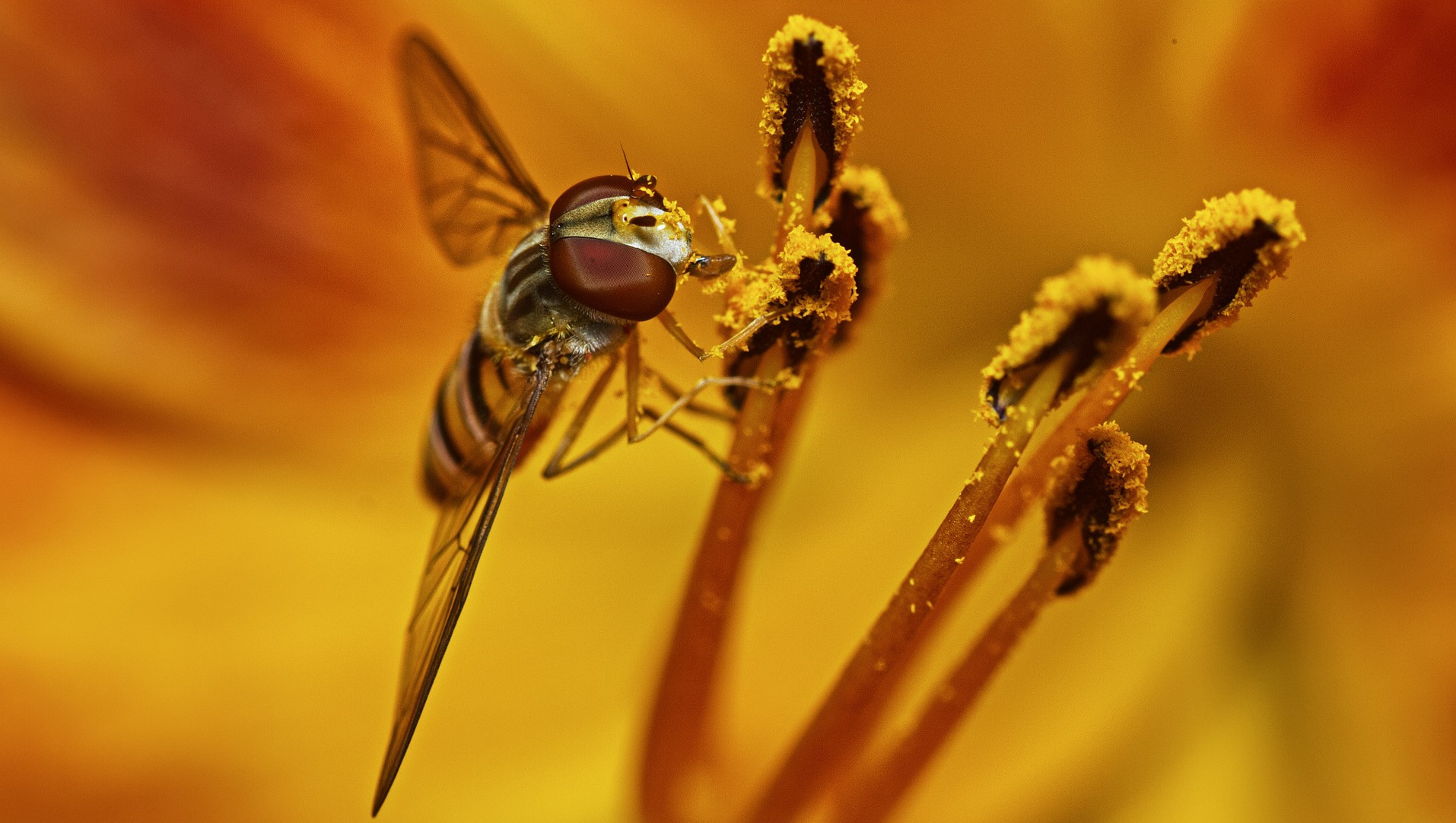Hay Fever: Home Remedies for Relief
Hay fever, also known as allergic rhinitis, is an allergic reaction triggered by airborne substances like pollen, dust, mold spores, or pet dander. When these allergens enter the body, the immune system mistakenly identifies them as harmful and releases chemicals like histamine. This immune response causes inflammation in the nasal passages, eyes, and sinuses, leading to sneezing, a runny nose, nasal congestion, itchy eyes, and watery eyes. These symptoms can be mild or severe, affecting daily activities and overall well-being.
Hay fever is often seasonal, with many sufferers experiencing flare-ups in the spring and summer months when pollen counts are at their highest. However, some people experience symptoms year-round due to constant exposure to indoor allergens like dust mites or pet dander. The severity of hay fever can vary from person to person, depending on the allergens they are exposed to and the sensitivity of their immune systems.
Individuals most at risk of developing hay fever include those with a family history of allergies, asthma, or eczema and living in environments with high pollen levels. Children and adolescents are also more likely to develop hay fever, although adults can also experience it, sometimes for the first time.
Lifestyle Tips to Manage Hay Fever
- Keep Your Home Allergen-Free: Use air purifiers, vacuum regularly with a HEPA filter, and wash bedding in hot water weekly to reduce dust mites and pollen indoors.
- Dietary Considerations: Avoid foods that may worsen hay fever symptoms, such as melons, which can cross-react with pollen allergens in some individuals. Instead, focus on anti-inflammatory foods like leafy greens, berries, and omega-3-rich fish.
- Hydration: Staying hydrated helps thin mucus and moisten your nasal passages, reducing congestion.
By incorporating these remedies and lifestyle adjustments, you can naturally manage your hay fever symptoms and enjoy the season without the constant discomfort.
Effective Home Remedies for Hay Fever
While medications like antihistamines are commonly used, several home remedies can help alleviate hay fever symptoms.
Apple Cider Vinegar
Mix 1-2 tablespoons of apple cider vinegar in a glass of water and drink daily. Apple cider vinegar is believed to help reduce mucus production and support the immune system, which may lessen allergy symptoms.
Local Raw Honey
Consuming local honey may help build a tolerance to local pollen, similar to how allergy shots work. For best results, aim to incorporate 1-2 tablespoons of local raw honey into your daily diet several months before allergy season.
Quercetin
A natural bioflavonoid found in apples, onions, and tea, quercetin stabilizes histamine release, reducing allergy symptoms. You can take 250-500 mg of quercetin supplements twice daily to help prevent hay fever symptoms.
Vitamin C
Vitamin C is a natural antihistamine and antioxidant. Increasing your vitamin C intake (through citrus fruits or supplements) may help reduce hay fever symptoms. A daily dose of 2,000 mg is recommended during allergy season.
Neti Pot (Saline Rinse)
Using a neti pot to rinse your nasal passages with saline solution can flush out allergens and relieve congestion. This method can offer immediate relief and prevent pollen buildup in your nasal passages.
Steam Inhalation
Breathing in steam can help relieve nasal congestion. Add a few drops of eucalyptus or peppermint essential oil to a bowl of hot water, cover your head with a towel, and inhale the steam for several minutes to soothe nasal passages and reduce sinus pressure.
Butterbur (Petasites hybridus)
Butterbur is an herbal remedy that may act as a natural antihistamine. Studies suggest that taking butterbur extract (50-75 mg twice daily) can help reduce hay fever symptoms, particularly nasal congestion and sneezing.
Probiotics
A healthy gut microbiome is linked to a well-functioning immune system. Probiotic supplements containing Lactobacillus and Bifidobacterium species may help reduce hay fever symptoms by promoting immune balance.
Peppermint Tea
Peppermint has natural anti-inflammatory and decongestant properties. Peppermint tea can help open nasal passages and reduce inflammation, relieving hay fever symptoms.
Essential Oils (Lavender, Eucalyptus, Peppermint)
Diffusing or inhaling essential oils such as lavender, eucalyptus, and peppermint can help clear the airways and reduce allergy symptoms. You can also add a few drops to a handkerchief and inhale throughout the day.
Turmeric
Turmeric contains curcumin, a powerful anti-inflammatory compound that may help reduce allergic responses. Add turmeric to your meals during allergy season, or take a curcumin supplement (500-1,000 mg daily).
Avoidance of Triggers
Limit exposure to outdoor allergens by keeping windows closed during high pollen counts, using air conditioning instead of fans, and showering after outdoor activities to wash away pollen.



